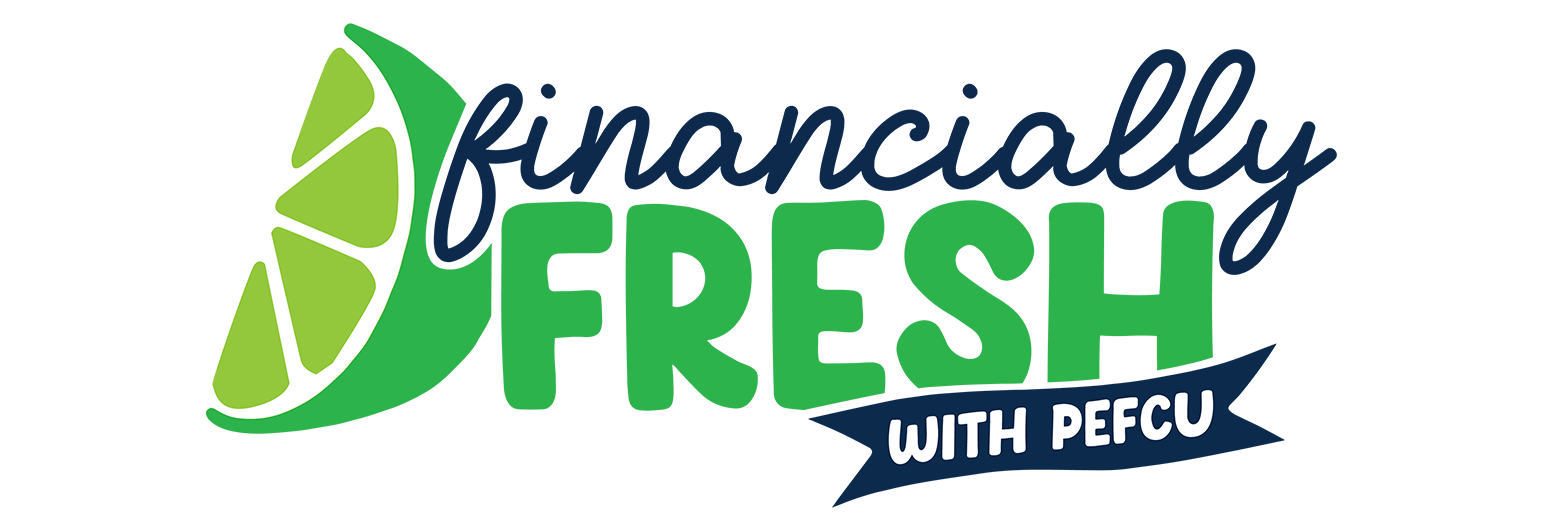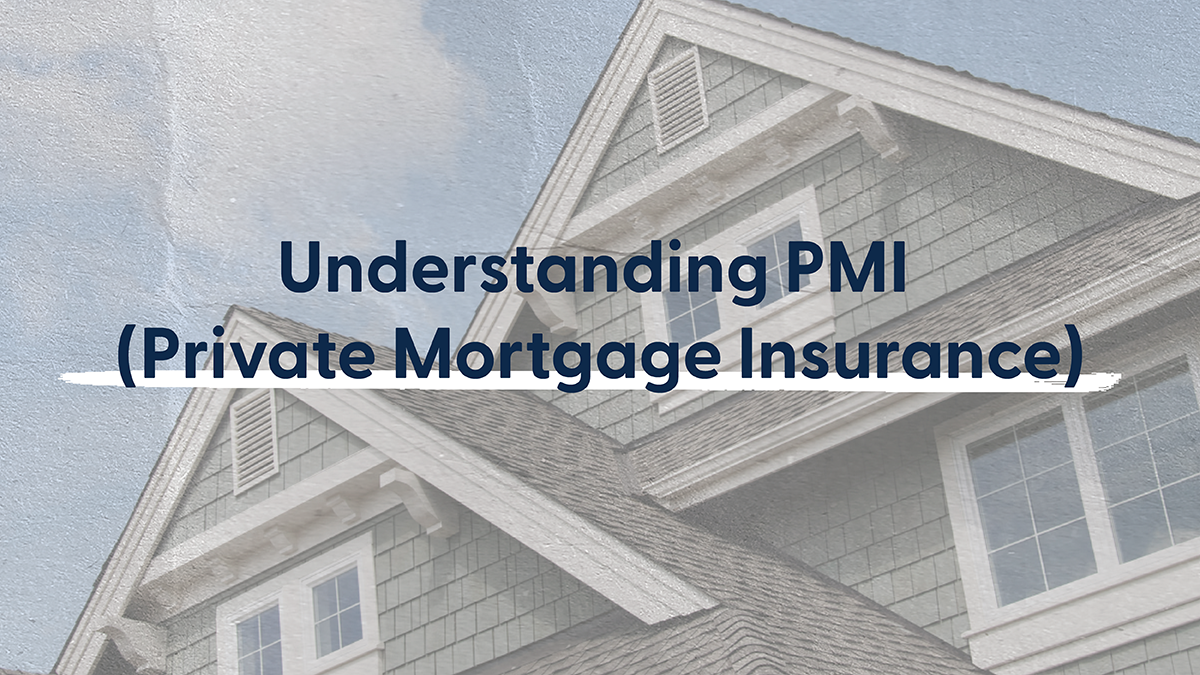April 11, 2023What is PMI (Private Mortgage Insurance)?
One thing many first-time homebuyers are somewhat blindsided by is PMI (Private Mortgage Insurance). You may see it mentioned in some real estate advertisements, but not fully understand what it means. While PMI isn’t necessarily required for everyone, you should expect to pay it if you’re applying for a mortgage that isn’t backed by the government (FHA, VA, and USDA loans, for instance) or if your down payment is less than 20 percent of the value you’re borrowing.
Essentially PMI is protection for your lender. If you’re unable to make your payments, then the insurance helps lenders recover their losses. To avoid paying PMI on your conventional mortgage, you’ll need a 20 percent down payment.
How Long Do You Need PMI?
If you cannot make the 20 percent down payment, you will need to continue making PMI payments until you’ve reached 20 percent equity in your home. Once you get to that point, you will need to fill out the proper paperwork with your lender to relieve you of the PMI obligation.
A 20 percent down payment can be a significant amount of money, which many aren’t prepared to pay when purchasing a home. For example, if your home is $200,000, you would need $40,000 as a down payment to bypass PMI.
How Much is PMI?
PMI varies from one loan to the next. It typically costs between 0.5 percent and one percent of the loan value annually. For instance, if you have a $200,000 mortgage, your annual PMI should be between $1,000 and $2,000 per year. Most lenders break that down into monthly payments to make it easier for borrowers, adding an additional $83.33 to $166.67 to your monthly mortgage payment.
Many borrowers find PMI to be a costly add-on to their mortgage. However, the only way to work around this additional monthly cost is to pay the full 20 percent down when buying a home. This is often much easier to do when purchasing a home after the sale of an existing home. You can take the equity from the initial sale to use as a down payment for your next home.
Remember, your down payment is in addition to closing costs you’ll need to pay upfront when purchasing a home. Those costs can add up quickly if you’re unprepared.
We’re Here to Help!
Buying a home is a major financial investment. Perhaps one of the largest investments you’ll ever make. We’re is here to help you not only navigate the financial aspects of the home buying process but also to help you with the many questions you may have.
As a credit union, we’re in business to help our members and not to earn a profit. One of the ways we can help you is by keeping you up to date with the latest information about financial matters that may affect you. This includes understanding what PMI is, and to help you save for it, so when the time comes to purchase a home, you can avoid this cost.
Call us today at 800-226-6673 x6515 to learn more about how we can help you with your new home financing, saving for a down payment, or understanding issues, like PMI, that may affect how much you ultimately pay for your home.
Each individual’s financial situation is unique, and readers are encouraged to contact PEFCU when seeking financial advice on the products and services discussed. This article is for educational purposes only; the authors assume no legal responsibility for the completeness or accuracy of the contents.
Federally Insured by NCUA. Equal Housing Lender.
*Certain restrictions and limitations apply. All loans are subject to credit approval. Only available on Primary Resident purchases $50,000 and greater. Loans will require Private Mortgage Insurance (PMI). Visit PEFCU.com to learn more about rates and details.


